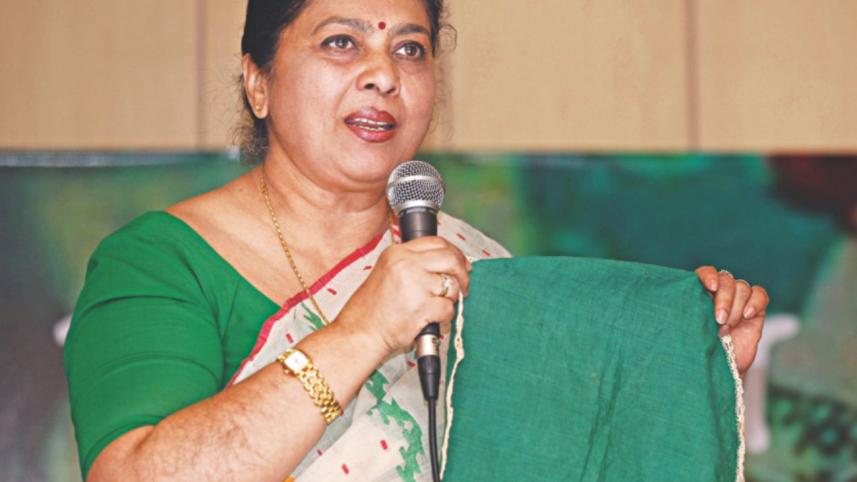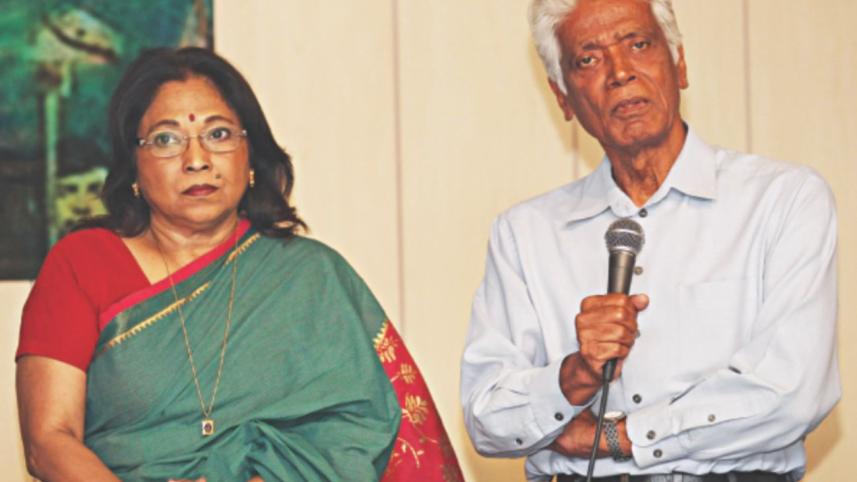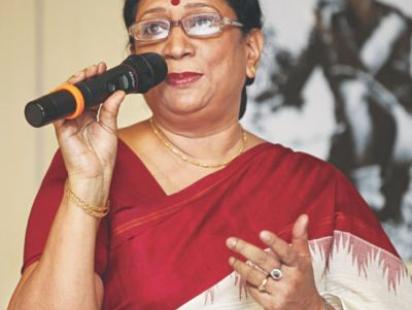Tales of the War

The post-liberation generations, over the decades, have heard countless stories of the war and yet there is so much more that has been left out, folded in the fabric of time and burned in the memories of those who have lived through those tumultuous times. On the brink of the 44th anniversary of the Victory Day, here is a recollection of some of those small personal stories, millions of which constituted the nine-month struggle for the Freedom of Bangladesh. The excerpts are taken from a past event, “Ronangoner Epar Opar”, organised by The Daily Star.
Jamil Chowdhury, the first General Manager of Bangladesh Television
“On March 27 -- the first time the curfew was lifted after the initiation of genocide on March 25, I visited the Dhaka University area and the first sight that really struck me was a little baby about one year old inside a house, lying on her face as if asleep; two bullet holes on the back. At that very moment I decided I was not a Pakistani national anymore; I did not know what I would do, but I would not work at the television (where I was employed).”

Milia Ali, Rabindra Sangeet artiste
“We started off for India, sometimes on foot, sometimes on rickshaw or a boat, as uncertain days passed. At one point, someone said we had reached India. We sat down on the ground and started crying. We could see the sky and land that was our country, but we did not know if we could ever go back. We kept walking until we reached a refugee camp -- and there we discovered a different world; the most basic things that we take so much for granted, nothing of it was there. But in those difficult conditions, I saw the truest glimpses of the survival instincts of people. Some of us gathered the courage to get on an old, broken-down plane to go to Kolkata, where I met some of my co-artistes, and under the leadership of Sanjida Khatun and Waheedul Haq, a group was formed called the 'Bangladesh Mukti Sangrami Shilpi Sangstha'. Our aim was to boost the people of the refugee camps.”

Afroza Banu, noted actress
“As we were leaving Dhaka, our boat came under attack. We could hear firing everywhere, and saw bodies dropping into the river from a nearby boat. Our boatmen dropped us off at a place from where we had to crawl on the ground to safety; and we kept walking. Throughout the nine months, we kept running helter-skelter but did not find a place to stay. Hours after we reached our village home in Kushtia, the Pakistan army invaded the village, and we had to move that night. We wanted to cross the border, but that border crossing was closed because the refugee camps on that border had suffered from a cholera epidemic.”
Sayema Khan, sister of Habibul Alam Bir Protik
“Shahadat Chowdhury, the erstwhile Editor of Bichitra, asked us to make flags of Bangladesh to fly on August 14 -- Pakistan's Independence Day, to assert the presence of Freedom Fighters in the capital. They brought us a number of green lungis, red and yellow cloth. We made 200 flags within one night. If the army found all this volume of cut green cloth, they would be suspicious, so my mother gave us the idea of putting a lace around them to make them look like table-mats. The flags were carried in our car to the stadium, where a few flags were tied to balloons and flown. The Pakistani army had to shoot those down, which was a big moral victory for us at that time.”



 For all latest news, follow The Daily Star's Google News channel.
For all latest news, follow The Daily Star's Google News channel.
Comments